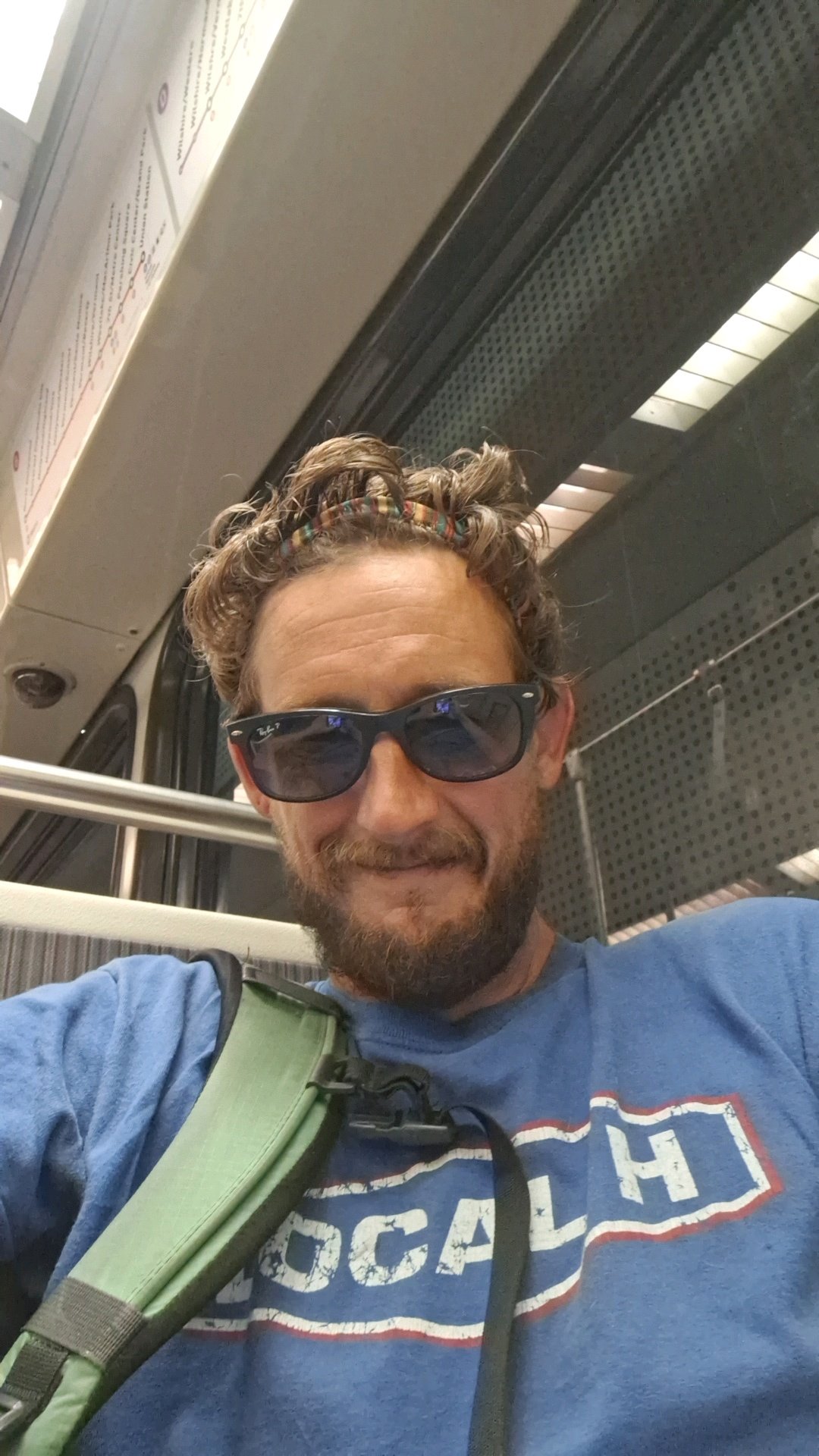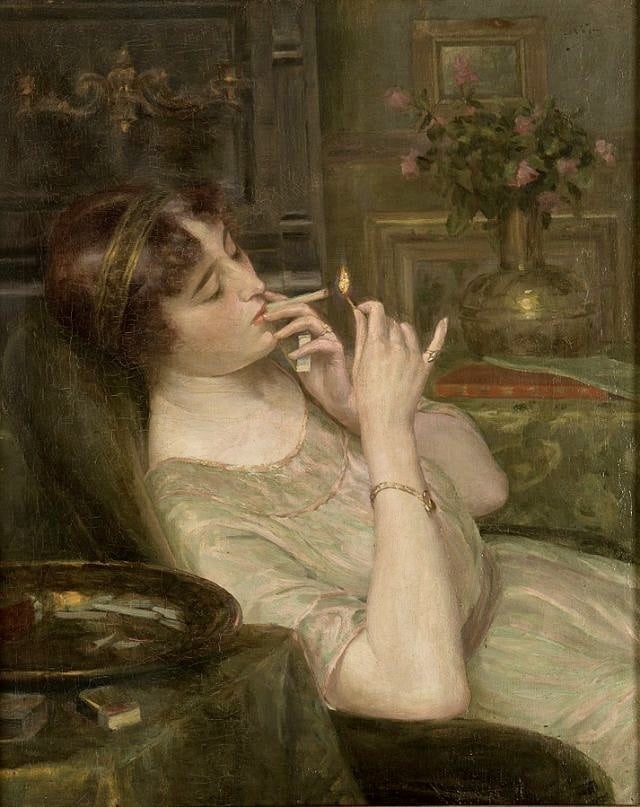Guatemala is on the verge of electing Bernardo Arévalo, a former academic and diplomat whose campaign has focused on fighting corruption, giving many graft-weary Guatemalans hope that building strong democratic institutions could be possible in the Central American nation.
Arévalo’s Movimiento Semilla (Seed Movement in English) pulled out a surprise win in first-round elections in June and will face off against conservative establishment leader and former First Lady Sandra Torres on Sunday. But Arévalo’s path to the presidency has been fraught, as establishment politicians used the court system to disqualify or challenge anti-establishment candidates.
Indigenous leader Thelma Cabrera, businessman Carlos Pineda, and Roberto Arzú were all barred from running in June’s contest by the Constitutional Court, Guatemala’s high court. Prosecutor Rafael Curruchiche began investigating Movimiento Semilla in July, just before the June elections were certified, claiming that some 5,000 of the signatures on a petition to form the party were fake.
Guatemala’s Supreme Judicial Court granted an indefinite injunction against the effort to bar Arévalo from running, but the decision could still be appealed to the Constitutional Court. And the injunction hasn’t stopped Torres from launching specious attacks against Arévalo, including that Movimiento Semilla is trying to steal the elections and that Arévalo will make Guatemala a Communist country.
Arévalo’s support has remained significant, and the court’s decision to allow Movimiento Semilla a place in Sunday’s elections have brought cautious optimism to Guatemalans and observers alike. Arévalo, the son of the nation’s first democratic president Juan José Arévalo, was raised abroad after a military coup overthrew his father’s successor. He was polling at 61 percent as of Wednesday, compared to Torres’s 31 percent, according to Fundación Libertad y Desarrollo, an independent think tank focused on Latin America.
Torres is the head of the Unidad Nacional de la Esperanza (UNE) party, which has long been entrenched in Guatemalan politics, including, reportedly, the less savory side, like trading votes in congress for favors and jobs. This is Torres’s third bid for the presidency, after failed efforts in 2015 and 2019, and over the years she has more closely aligned with outgoing President Alejandro Giammattei, according to InSight Crime, an investigative outlet reporting on issues in Latin America.
Arévalo’s message is powerful in a deeply corrupt nation
Torres’s coziness with the political establishment, both as a legislator and as a confidant of the unpopular Giammattei, signaled that a Torres presidency would be much the same as Giammattei’s. In a country with unstable democratic institutions — a situation aided by US meddling in Guatemalan politics under progressive leftist President Jacobo Arbenz — as well as serious inequality and violence, Arévalo’s success seems like a revelation.
In the first round of elections, Semilla was the underdog; Torres was widely expected to be a frontrunner, as was Zury Ríos, a populist legislator and the daughter of General Efraín Ríos Montt, a right-wing military dictator who took over Guatemala in a 1982 coup. Many Guatemalans were also expected to avoid voting to protest the corruption in the process.
But Semilla and Arévalo — upstarts offering Guatemala the chance to “vote different” — resonated with voters for reasons beyond Arévalo’s political pedigree, primarily because of his message that corruption would not be tolerated under his watch.
Guatemala suffers from the serious, interconnected problems of violence, inequality, and government corruption. Powerful interests, and especially business interests, can easily persuade the government to cater to their demands — increasing inequality and setting up the government as a mechanism for enrichment.
There was, starting in 2007, an attempt to address Guatemala’s corrupt politics under the Comisión Internacional Contra la Impunidad en Guatemala, or CICIG, which confronted and prosecuted criminal organizations as well as corruption in the government, as Vox previously reported:
Under CICIG, Guatemalan prosecutors were tasked with investigating crime at the highest levels, even bringing corruption charges against a former president and vice president, among others. It was enormously successful, providing a model for other Latin American countries where similar problems — state capture, organized crime, and graft — have been allowed to flourish with impunity.
Former President Jimmy Morales, himself dogged by accusations of corruption, refused to renew CICIG’s mandate in 2019. CICIG’s efforts were already under attack by corrupt and powerful forces within the country; under Morales and Giammattei, anti-corruption judges and officials have fled Guatemala following arrests and threats of prosecution.
Arévalo has made tackling corruption the centerpiece of his campaign, particularly speaking out against CACIF, the Coordinating Committee of Agricultural, Commercial, Industrial, and Financial Associations, which in June he accused of “underpinning the economy of privilege” — defined in Arévalo’s words as “the economy in which the success of a group or company depends on the level of contact or political clout it has with a powerful politician, with a minister.”
But his anti-graft message, as well as his clear-eyed view of what’s possible given powerful and antagonistic interests, has resonated in urban areas and, increasingly, smaller towns as well.
Arévalo faces obstacles, even if he wins
Guatemala’s democracy is young; it has a strong, entrenched history of dictatorship, civil war, and corrupt and weak institutions which are extremely difficult to overcome, especially in just one presidential term — the limit under Guatemala’s constitution.
Inequality and poor social services, a struggling economy, and a legacy of violence following a 36-year civil war and violent dictatorships have allowed multiple armed groups to terrorize Guatemalan society. Those groups, according to InSight Crime, comprise street gangs like MS-13 and Barrio 18, but also involve former and current police officers, as well as members of the military and intelligence officers. The groups mostly engage in illegal drug smuggling, but also “human trafficking, kidnapping, extortion, money laundering, arms smuggling, adoption rings,” and other illegal businesses.
They are also entrenched in the government, with connections to powerful people “ranging from local politicians to high-level security and government officials,” Insight Crime reports.
Even if he wins, Arévalo could face renewed calls for prosecution or attempts to overturn the election, even after the results are posted. But in a Friday interview with El País, he remained positive that his ideals would win out.
“We believe that democratic institutions must be reestablished,” Arévalo said. “We have to re-found the process that this corrupt political class has hijacked from us.”
Many links in article
John Oliver has really let himself go


